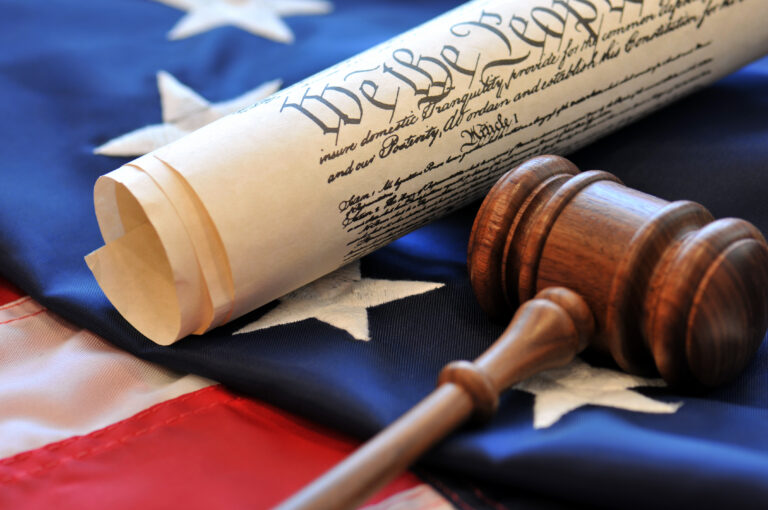
MORRISVILLE, NC (06/27/2023) — In a landmark decision, the U.S. Supreme Court ruled on Tuesday that state legislatures do not have unlimited power to determine the rules for federal elections and draw partisan congressional maps without interference from state courts. Chief Justice John G. Roberts Jr. wrote in a 6 to 3 decision that the U.S. Constitution’s Elections Clause “does not insulate state legislatures from the ordinary exercise of state judicial review.”
The case, known as Moore v. Harper, centered around the “independent state legislature theory” advanced by North Carolina’s Republican legislative leaders. This theory argued that state lawmakers have exclusive authority to structure federal elections, even if it leads to extreme partisan voting maps and violates voter protections enshrined in state constitutions. If accepted, this theory could have had a significant impact on the results of the 2024 election.
“The Supreme Court’s rejection of the ‘independent state legislature theory’ is a victory for our democracy and the principles of fairness and equal representation,” said Cheryl Carter, Co-Executive Director of Democracy North Carolina. “Our government’s system of checks and balances is like a three-legged stool – take out a leg and everything comes crashing down. We can’t allow extremist politicians to block our courts from defending our constitutional rights and freedoms.”
The case drew attention due to the nation’s polarized politics and ongoing efforts by former President Donald Trump and his allies to overturn the 2020 election. The control of Congress has also been shown to depend on the drawing of congressional district lines, further highlighting the significance of this ruling.
“In North Carolina, we pride ourselves on ensuring that every resident has an equal voice and equal say in our elections,” added Carter. “Moore v. Harper would change that overnight, giving extremist politicians unchecked power over our elections and allowing them to attack our rights and freedoms.”
The Supreme Court’s decision reaffirms the role of state courts and other entities in overseeing the electoral process. While proponents of the theory argued that only lawmakers should set election rules and draw congressional maps, the Court’s ruling recognizes the importance of judicial oversight.
“In the midst of what has felt like so much darkness and attacks on us, who we are, what we believe, and who we love, we are overjoyed about this ruling,” Carter said. “We must hold onto this beacon of light, remembering that we are the change, we are the hope, and we will overcome together!”
###
Democracy North Carolina is a statewide nonpartisan organization that uses research, organizing, and advocacy to strengthen democratic structures, build power among disenfranchised communities, and inspire confidence in a transformed political process that works for all. Learn more at democracync.org.